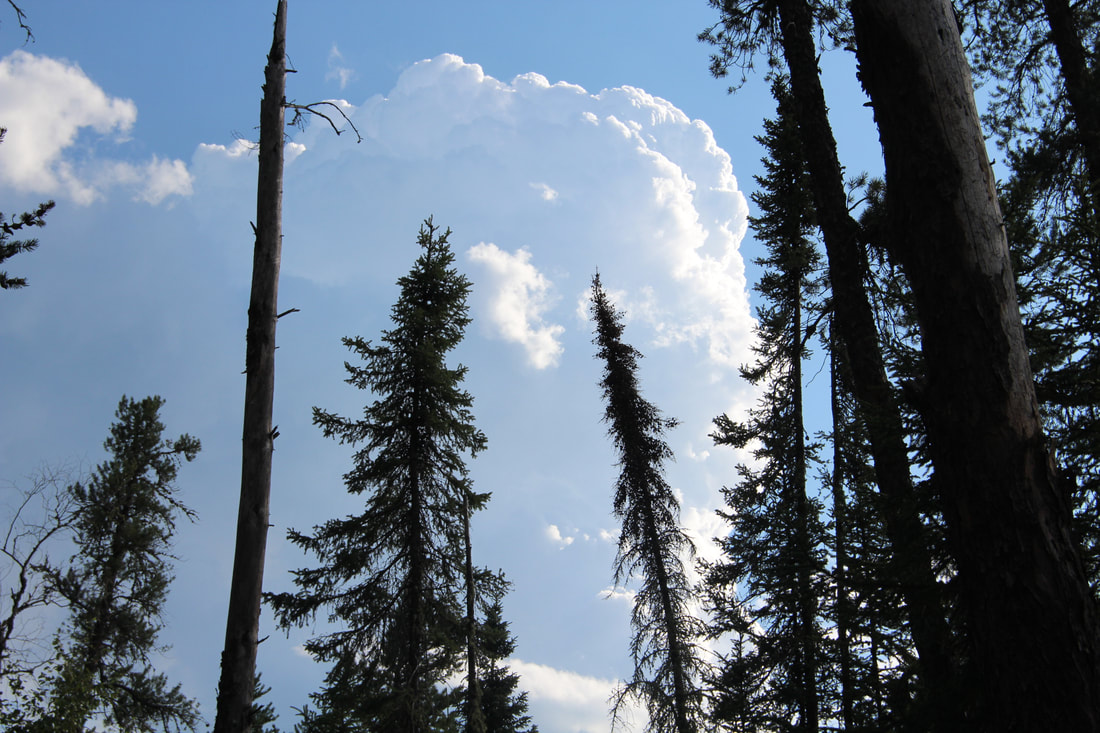|
A study finds that logging has inflicted severe damage to the vast boreal forests in Ontario and Quebec, two of the countryʼs main commercial logging regions. By Ian Austen and Vjosa Isai Ian Austen reported from Ottawa, and Vjosa Isai from Toronto. Canada has long promoted itself globally as a model for protecting one of the country’s most vital natural resources: the world’s largest swath of boreal forest, which is crucial to fighting climate change. But a new study using nearly half a century of data from the provinces of Ontario and Quebec — two of the country’s main commercial logging regions — reveals that harvesting trees has inflicted severe damage on the boreal forest that will be difficult to reverse. Researchers led by a group from Griffith University in Australia found that since 1976 logging in the two provinces has caused the removal of 35.4 million acres of boreal forest, an area roughly the size of New York State. While nearly 56 million acres of well-established trees at least a century old remain in the region, logging has shattered this forest, leaving behind a patchwork of isolated stands of trees that has created a landscape less able to support wildlife, according to the study. And it has made the land more susceptible to wildfire, scientists say. Read the full article here! "As part of the study, Professor Mackey and other researchers looked at the effects of logging on large groups of woodland caribou — animals that require large areas of older forest and that are affected by human disturbance. Logging roads, for example, make it easier for predators to hunt caribou, researchers said. Of the 21 herds within the two provinces’ boreal regions that researchers studied, 19 were at a high or very high risk of becoming unable to support their population."
0 Comments
Leave a Reply. |
AuthorJoin the Conversation and be part of Process Archives
May 2024
Categories |
©2020 Friends of Wabakimi All Rights Reserved

